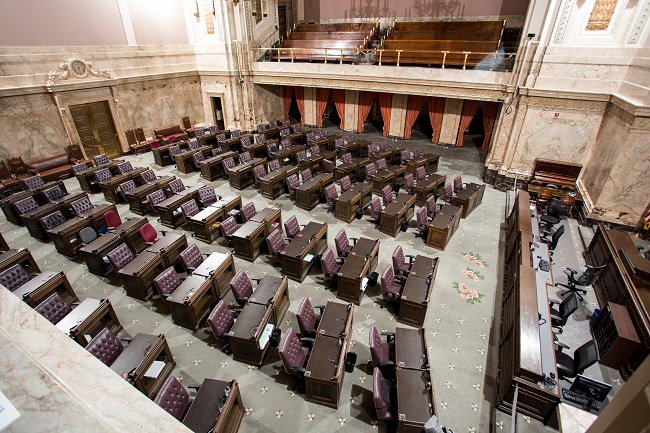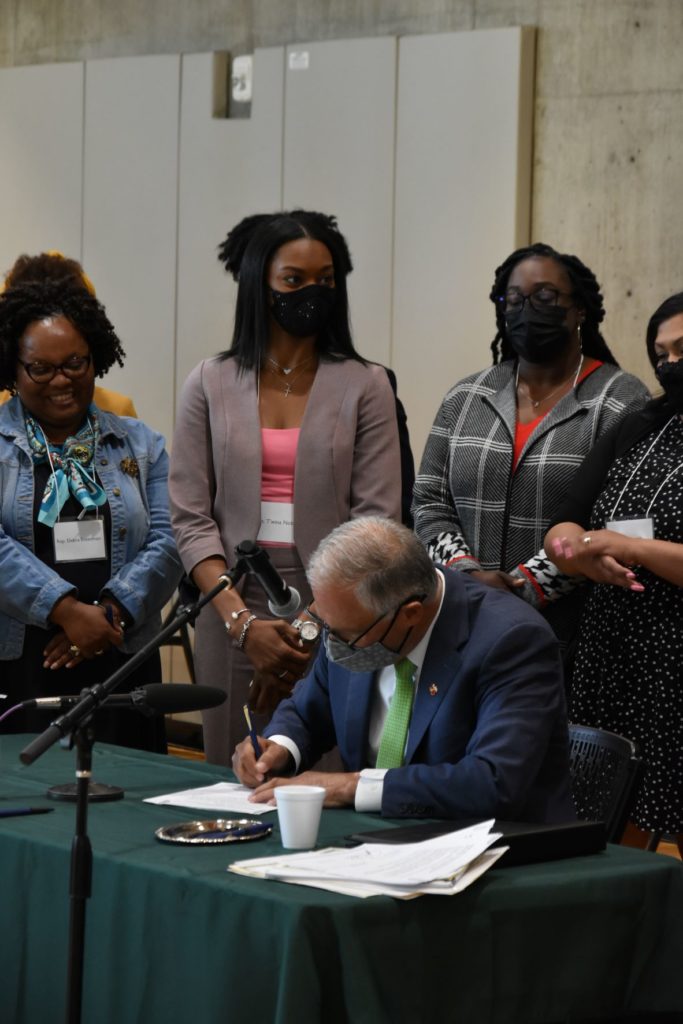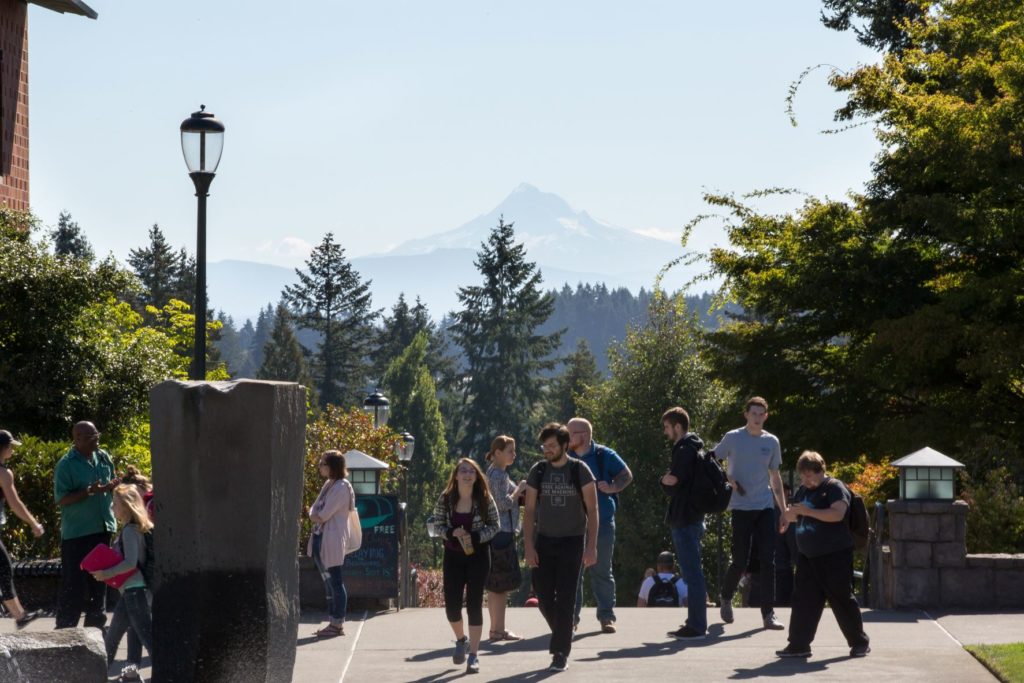How to connect in a virtual session

The 2022 Legislative Session is off and running. While we had hoped to return to Olympia this year, due to rising COVID caseloads we will be starting this year’s short 60-day session virtually once again. We will re-evaluate every two weeks, but with the compact nature of our legislative session we cannot afford to risk having to shut down because of a COVID outbreak. Last year, we were able to legislate effectively and finish on time without one COVID case linked to the legislative session. Both the Idaho and Oregon Legislatures had to shut down for COVID outbreaks.
The benefit of a virtual session is the ability to provide remote testimony. You can now testify on legislation without having to take time off of work and drive to Olympia. We are also allowing written testimony which allows more people to provide feedback. This has led to an explosion of participation. Twice as many people provided input at committee hearings last year as compared to the year before.
Here are several ways you can continue to stay engaged remotely in the legislative process and provide input.
Watch—TVW.org broadcasts all of the debates and votes that happen in the House or Senate, along with committee meetings and other events in the public interest.
Research—Visit app.leg.wa.gov/billinfo/ to look up legislation by lawmaker or topic.
Learn—The whole legislative process, from start to finish, is explained at leg.wa.gov/legislature/Pages/Overview.aspx.
Testify—Visit leg.wa.gov/legislature/Pages/Testify.aspx for an overview of the process. Written testimony is also an option, and you can also email me your story.
Stay informed—Sign up for my legislative e-memo here.
Get in touch—You can also send my office an email.
Independent Prosecutions

Last year the Legislature passed a bill I sponsored to create a new Office of Independent Investigations (OII) to impartially investigate deadly uses of force by law enforcement. This new office was the recommendation of the Governor’s Task Force on Independent Investigations of Police Use of Force, which was created following the revelation that the Pierce County Sheriff’s Office had conducted the investigation into the death of Manuel Ellis despite the fact that their deputies were on the scene and in direct contradiction to the law. In order to rebuild trust between law enforcement and communities of color we must have fair and impartial investigations into police violence. In short, we cannot have police investigating police.
The other recommendation of the Governor’s Task Force was to create an Office of Independent Prosecutions, which would make charging decisions on OII investigations. County prosecutors work hand in hand with police to do their jobs. In most cases it is county prosecutors who will defend police departments and officers against lawsuits. It is an inherent conflict of interest to then turn around and ask them to make charging decisions about their colleagues. This new Office of Independent Prosecutions will build community confidence that an impartial and fair charging decision has been made. This will help communities and the families of those killed gain closure knowing that justice has been done.
Growing Opportunity for Washington Students

The COVID-19 pandemic hit post-secondary education hard. Higher education, apprenticeships, and other credentials give students a path to a more secure future, and these options should be available and affordable for everyone. With declines in financial aid applications and lower enrollment & retention rates, we must act this session if we want to ensure students can get the credentials they need to succeed.
The Washington College Grant is our state’s largest financial aid program and has received national attention as “the most equity-focused free college program in the country”. We can build on that success this session by:
- Creating “Bridge Grants” of $1,000 a year for students at or below 70 percent of the median family income and increasing the amount of funding most students would receive from the Washington College Grant. (HB 1659)
- Making it easier for students to fill out the FAFSA and WAFSA (Washington Application for State Financial Aid). Our financial aid programs only work if people can access them, HB 1835would increase outreach and explore ways we can pre-qualify people who use other state-level benefit programs.
- Creating a state student loan program. When students take out a loan the interest rates can range from 3-15 percent depending on whether they’re federal or private. Creating a state program capped at 1 percent interest will help save students money when they need to take out loans. (HB 1736)
These bills will help to ensure low-income students, older or returning students, first generation students and more are able to get the credentials they need.
